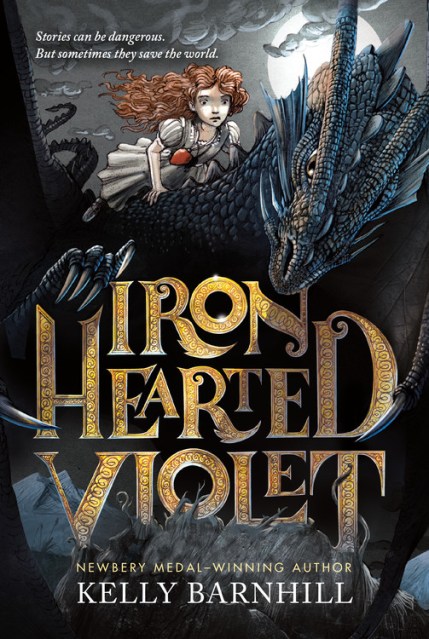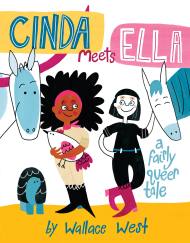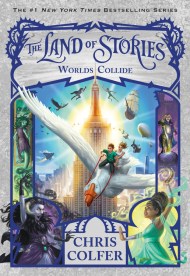By clicking “Accept,” you agree to the use of cookies and similar technologies on your device as set forth in our Cookie Policy and our Privacy Policy. Please note that certain cookies are essential for this website to function properly and do not require user consent to be deployed.
Iron Hearted Violet
Contributors
Illustrated by Iacopo Bruno
Formats and Prices
Price
$8.99Price
$12.99 CADFormat
Format:
- Trade Paperback $8.99 $12.99 CAD
- ebook $4.99 $6.99 CAD
- Audiobook Download (Unabridged)
This item is a preorder. Your payment method will be charged immediately, and the product is expected to ship on or around March 18, 2014. This date is subject to change due to shipping delays beyond our control.
Also available from:
Princess Violet is plain, reckless, and quite possibly too clever for her own good. Particularly when it comes to telling stories. One day she and her best friend, Demetrius, stumble upon a hidden room and find a peculiar book. A forbidden book. It tells a story of an evil being, called the Nybbas, imprisoned in their world. The story cannot be true–not really. But then the whispers start. Violet and Demetrius, along with an ancient, scarred dragon-the last dragon in existence, in fact-may hold the key to the Nybbas’s triumph or its demise. It all depends on how they tell the story. After all, stories make their own rules.
Iron Hearted Violet is a story about the power of stories, our belief in them, and how one enchanted tale changed the course of an entire kingdom.
A 2012 Andre Norton Award Finalist
A Parents’ Choice Gold Award Winner
-
A 2012 Andre Norton Award FinalistA Parents' Choice Gold Award Winner
-
"Barnhill inverts common fairy-tale notions...[and creates] the most inventive rendition of architecture since J.K. Rowling conjured Hogwarts....Poetic."The New York Times Book Review
-
"A splendid fantasy...layered and complex, Barnhill's story brings a modern feel to age-old fairy tale tropes."Publishers Weekly
-
"Storytelling plays a key role in the book, intriguingly blurring the line between what is real and what is imaginary....Triumphant."The Horn Book
-
"Wonderful read-aloud potential...with a likable hero and heroine, a well-paced plot, and a daunting villain."Booklist
-
"[Violet] is a princess for our century."VOYA
- On Sale
- Mar 18, 2014
- Page Count
- 448 pages
- Publisher
- Little, Brown Books for Young Readers
- ISBN-13
- 9780316056755
Newsletter Signup
By clicking ‘Sign Up,’ I acknowledge that I have read and agree to Hachette Book Group’s Privacy Policy and Terms of Use








